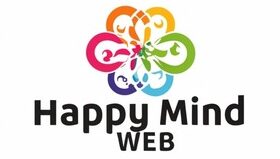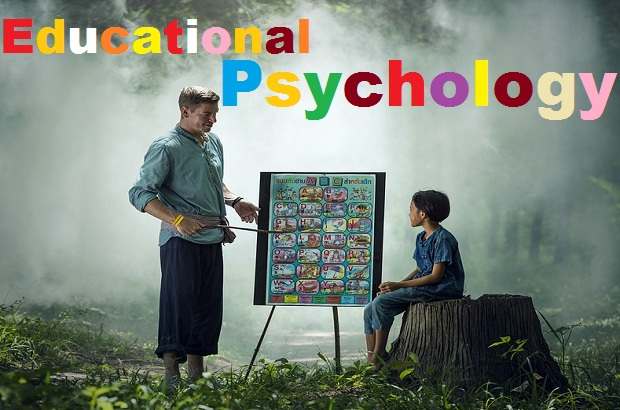Educational psychology is a field of study that examines how individuals learn and develop in educational settings. It encompasses the application of psychological theories, principles, and research to enhance teaching methods, improve learning outcomes, and support the overall well-being of students. By understanding the cognitive, social, emotional, and motivational factors that influence learning, educational psychology plays a crucial role in shaping effective educational practices. In this article, we will delve into the key aspects of educational psychology and its significance in the field of education.
Understanding Learning Processes
Educational psychology explores how individuals acquire, process, and retain knowledge. It investigates cognitive processes such as attention, memory, problem-solving, and critical thinking. By understanding how students learn, educators can design instructional strategies that cater to diverse learning styles, abilities, and needs. Educational psychologists help identify effective teaching methods, instructional materials, and assessment techniques that facilitate meaningful and lasting learning experiences.
Promoting Motivation and Engagement
Motivation and engagement are vital components of effective learning. Educational psychology focuses on understanding the factors that drive student motivation and engagement, such as intrinsic motivation, self-efficacy, goal-setting, and interest. By applying motivational theories, educators can create learning environments that foster enthusiasm, persistence, and a love for learning. Educational psychologists also study factors that contribute to disengagement or academic underachievement, providing insights into interventions and strategies to enhance student motivation.
Supporting Social and Emotional Well-being
Educational psychology recognizes the importance of social and emotional well-being in the learning process. Emotional factors such as self-esteem, self-regulation, empathy, and resilience significantly impact academic achievement and overall development. Educational psychologists collaborate with educators, students, and families to create inclusive, supportive, and emotionally safe learning environments. They promote social-emotional learning programs, positive discipline strategies, and counseling services to address the social and emotional needs of students, fostering their overall well-being.
Understanding Individual Differences
Students come with diverse backgrounds, experiences, abilities, and learning needs. Educational psychology emphasizes the importance of understanding and addressing individual differences to promote equitable and inclusive education. Educational psychologists conduct assessments, identify learning disabilities or exceptionalities, and develop personalized education plans to support students with special educational needs. By recognizing and accommodating individual differences, educators can provide tailored instruction and interventions that facilitate optimal learning for all students.
Informing Instructional Design and Assessment
Educational psychology informs instructional design and assessment practices. It guides the development of curricula, teaching materials, and learning technologies that align with evidence-based instructional strategies. Educational psychologists help educators create effective learning environments, design appropriate assessments, and provide constructive feedback to promote student growth and achievement. They also explore innovative approaches, such as formative assessment, project-based learning, and technology-enhanced instruction, to optimize the learning experience.
Promoting Lifelong Learning and Development
Educational psychology recognizes that learning and development extend beyond formal educational settings. Lifelong learning is a fundamental principle in educational psychology, emphasizing the importance of fostering a love for learning and supporting individuals in acquiring knowledge and skills throughout their lives. Educational psychologists promote self-directed learning, metacognitive strategies, and lifelong learning habits that enable individuals to adapt to new challenges, pursue personal interests, and continue their growth beyond the classroom.
Conclusion
Educational psychology plays a crucial role in understanding how individuals learn and develop in educational contexts. By applying psychological principles and research findings, educational psychologists inform instructional practices, promote motivation and engagement, support social-emotional well-being, and accommodate diverse learning needs. Through their expertise, educational psychologists help create inclusive, effective, and supportive learning environments that nurture the intellectual, social, emotional, and personal growth of students. By embracing the insights and applications of educational psychology, educators and policymakers can shape educational systems that empower individuals to reach their full potential as lifelong learners and contributors to society.








